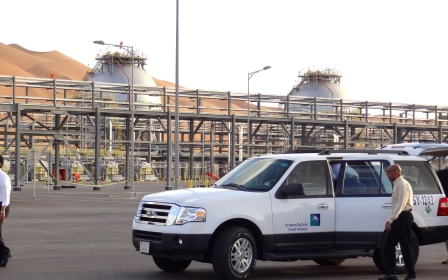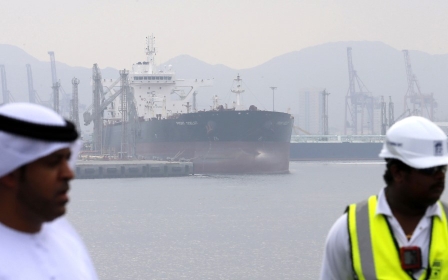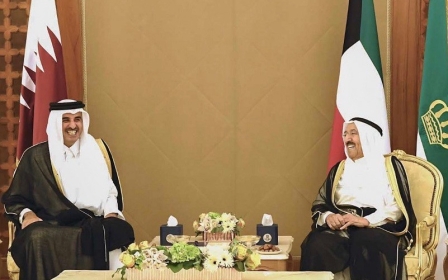Qatar PM to attend emergency Gulf summit in Saudi Arabia
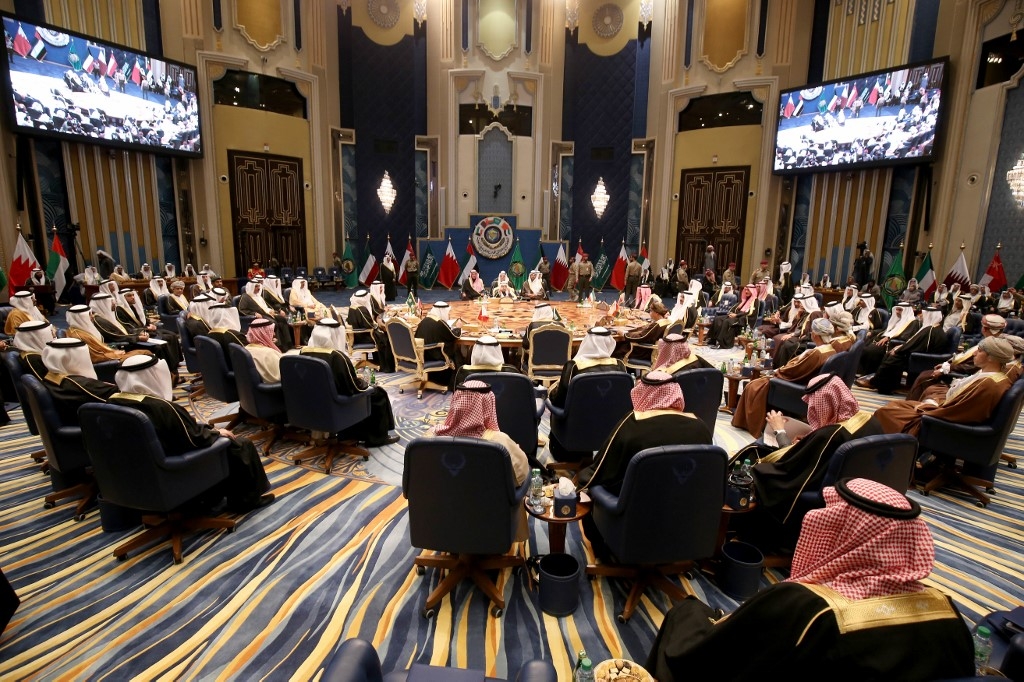
Qatar has accepted Saudi Arabia's invitation to attend an emergency Arab summit in Mecca this week, the Qatari foreign ministry confirmed, in what would be the first high-level meeting between the two countries since bilateral diplomatic ties were severed in 2017.
Foreign ministry spokeswoman Lolwah al-Khater tweeted on Wednesday that Qatari Prime Minister Sheikh Abdullah bin Nasser al-Thani will attend the summit.
The regional Gulf Cooperation Council and the Arab League will meet on Thursday in Mecca to discuss escalating tensions and military actions in the Gulf.
Qatar has not held high-level meetings with Saudi Arabia since June 2017, when the kingdom - along with the United Arab Emirates, Bahrain and Egypt - imposed an economic and diplomatic boycott on Doha.
The blockading countries accused Qatar of supporting terrorism and cosying up to regional foe Iran - charges the Qatari government has consistently denied.
New MEE newsletter: Jerusalem Dispatch
Sign up to get the latest insights and analysis on Israel-Palestine, alongside Turkey Unpacked and other MEE newsletters
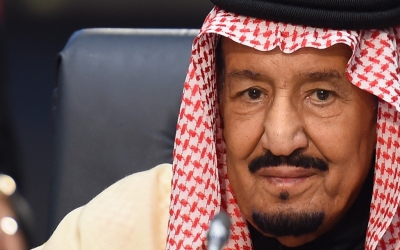
Qatar's Emir Sheikh Tamim bin Hamad al-Thani received the invitation to attend the summit from Saudi King Salman bin Abdulaziz al-Saud, the Qatari foreign ministry said in a statement on Sunday.
The meeting comes amid increased tensions in the Gulf between Iran and the United States. Washington deployed an aircraft carrier and bombers to the region after accusing the Iranian government of making unspecified threats against American and allied forces.
The situation escalated even further after drone strikes hit a major Saudi oil pipeline earlier this month.
Days later, four ships, including two Saudi oil tankers, were damaged in what was described as a "sabotage" attack off the coast of Fujairah in the United Arab Emirates.
Saudi Arabia has accused Iran of ordering the drone strikes, while Yemen's Houthi rebels claimed responsibility for attacks on "vital Saudi installations".
Top US officials have also accused Tehran of being responsible for the attack on the vessels off the Emirati coast.
Iran has denied it carried out either attack.
Saudi Arabia has said that while it does not want war in the region, it is ready to respond forcefully to any attack.
The UAE, for its part, has said it is committed to de-escalation and said the current "critical circumstances" require a "unified Arab and Gulf stance".
Middle East Eye delivers independent and unrivalled coverage and analysis of the Middle East, North Africa and beyond. To learn more about republishing this content and the associated fees, please fill out this form. More about MEE can be found here.


